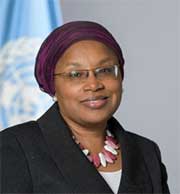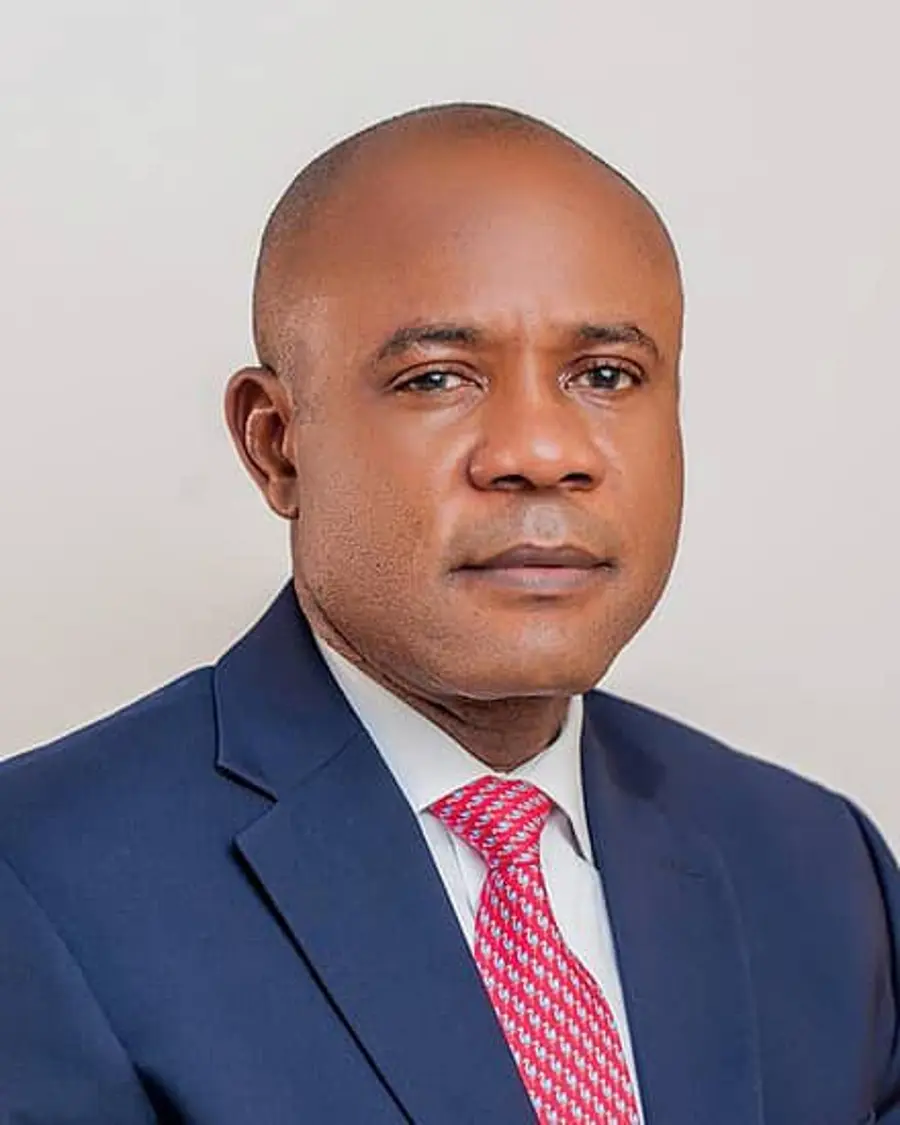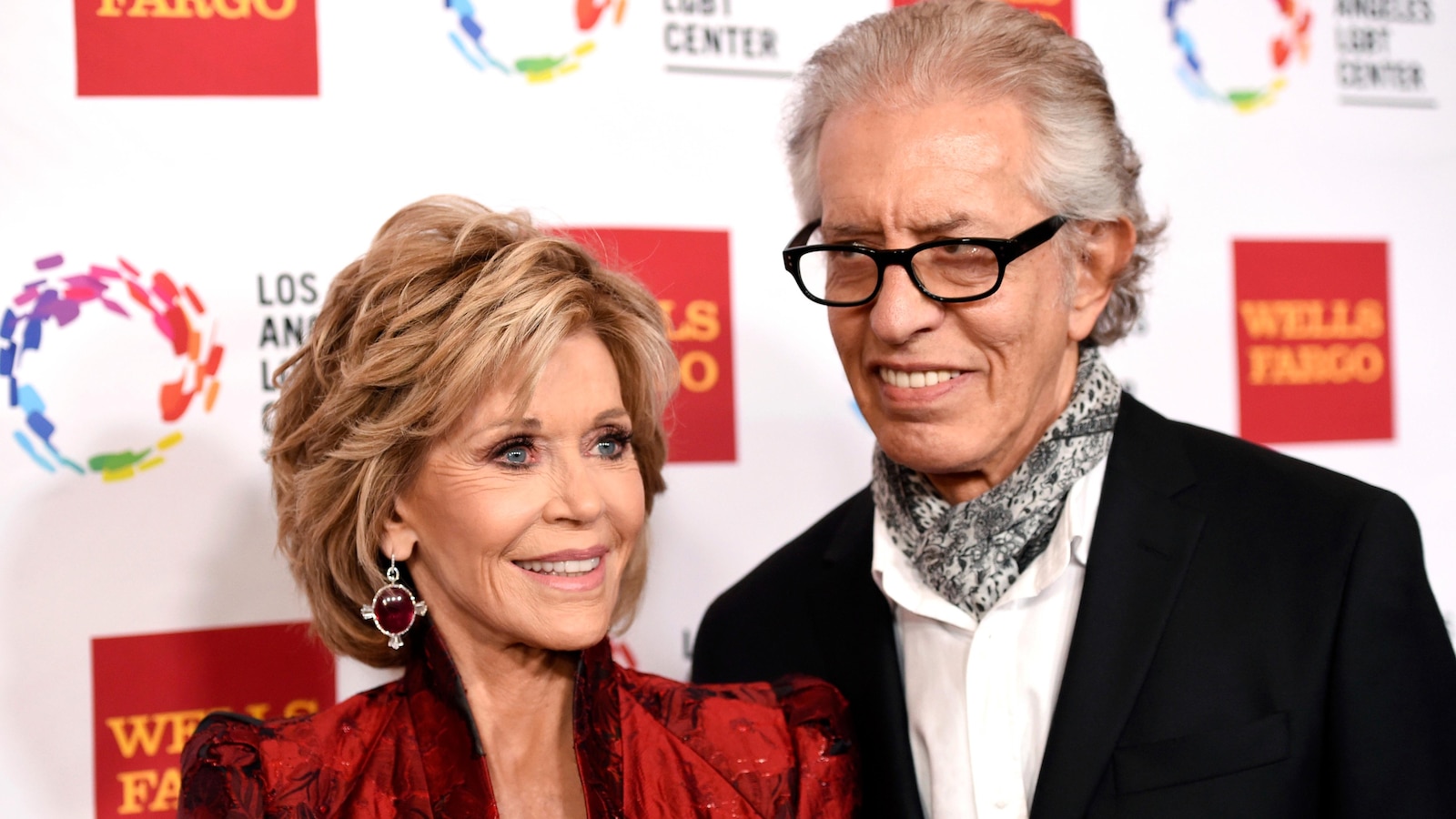

UNITED NATIONS, Apr 09 (IPS) – One should never lose sight that for people who experienced genocide, the warning signs were there. Genocide is a process. It requires preparation and capacities to carry it out.
The 1994 genocide against the Tutsi in Rwanda, in which Hutu and others who opposed it were also killed, was made possible because of decades of stigmatisation, marginalisation, and discrimination, aggravated by hate speech against the Tutsi.
The Tutsi were dehumanized, called “inyenzi” – cockroaches – to ensure that when the call to kill and exterminate went out, it was taken up. This call, fed by dehumanisation, made it possible for tailors, cobblers, farmers, teachers, priests – ordinary people – to kill unarmed men, women, old people, and children.
People whose only crime was the identity they held.

Others have descended on the path of denying that the genocide happened. Denial or distorting the facts of the genocide against the Tutsi in Rwanda, coming in the form of hate speech or not, constitutes an indicator of risk for the commission of genocide.
Genocide deniers
Despite the International Criminal Tribunal for Rwanda having proved repeatedly, conclusively, in lengthy legal processes and applying international fair trial standards and the standard of proof beyond reasonable doubt, that the genocide against the Tutsi in Rwanda happened, revisionists and genocide deniers continue to ignore judicial decisions.
These trends are particularly worrisome as we are marking the 30th commemoration of the 1994 genocide against the Tutsi in Rwanda. This time should be spent honouring and commemorating victims, remembering, and learning from the past.
We are instead faced with the challenge of addressing growing trends of denial and distortion or these tragedies.
Hate speech, especially on social media, is helping spread and amplify denial at alarming rates. Genocide denial impacts directly on victims who are retraumatized and faced with the burden of having to justify and explain the crimes they endured, despite the courts having conclusively determined that the crimes occurred.
Denial has a serious detrimental impact on healing and reconciliation. I have seen this too often. Victims understand very well that genocide denial refers to the past, but that its impact is felt in the present and will be felt in the future. They do not want the young generations to experience what they have experienced.
The story of Rwanda in the past 30 years is a story of deep learning and drawing of lessons from the past to ensure that future generations do not experience the same horrors.
Those whose lives and futures were taken must be remembered, always. There is an everlasting pain in remembering, but there is also strength.
There must be determination in ensuring that these lessons learned from Rwanda are truly learned, risk factors mitigated early, and populations protected from another genocide. This determination and efforts remain essential.
This is why Kwibuka30 is especially important today: to remind us of our obligation to learn, to prevent, to act. This is important, especially, for those whose lives were taken away in the genocide against the Tutsi in Rwanda, and for all those at risk across the world today.
Alice Wairimu Nderitu is UN Under-Secretary-General and Special Adviser on the Prevention of Genocide to the United Nations Secretary General.
Source: Africa Renewal, United Nations
IPS UN Bureau
Follow @IPSNewsUNBureau
Follow IPS News UN Bureau on Instagram
© Inter Press Service (2024) — All Rights ReservedOriginal source: Inter Press Service







